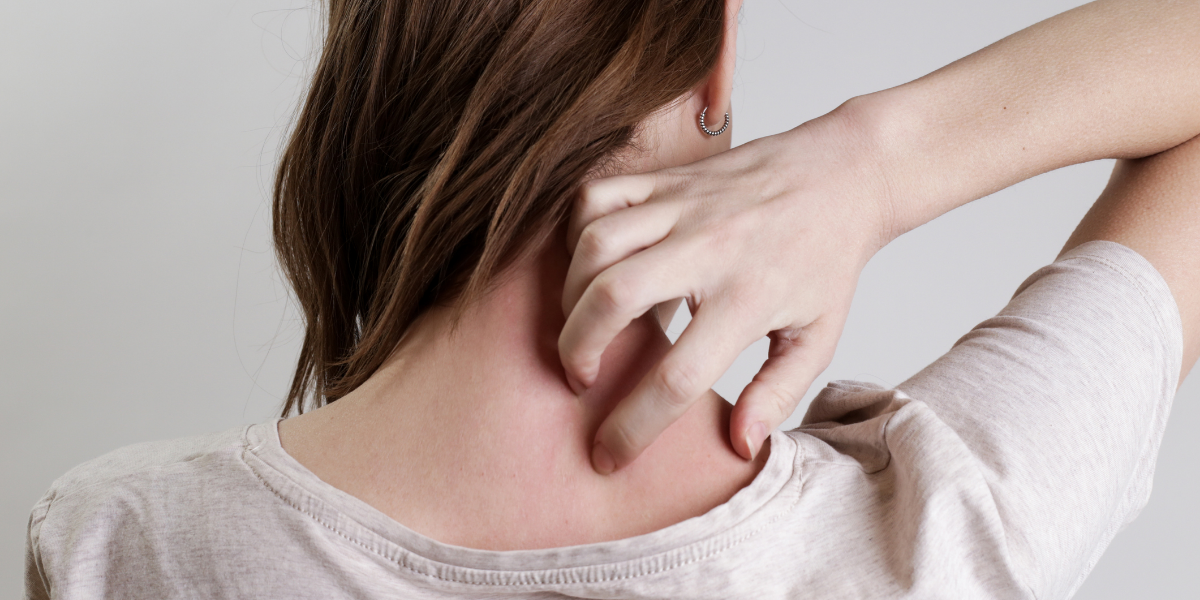June 10, 2022

Shingles is a viral infection that affects about one in three people in the United States at some point in their lives. Also known as herpes zoster, this common condition is caused by the same virus that causes chickenpox. If you’ve ever had chickenpox, the virus can reactivate many years later and lead to shingles.
Who Is Susceptible to Shingles?
Anyone who has had chickenpox can get shingles. After you have chickenpox, the virus remains in your nerves in an inactive form. Shingles occurs when the virus reactivates.
Children can also develop shingles, but the risk of developing shingles increases as you get older; the disease is most common in adults over the age of 50.
Other factors that can increase the risk for shingles include having a compromised immune system from certain medical conditions, like cancer, and certain treatments, such as chemotherapy and immunosuppressants (medication required for an organ transplant).
What Are the Symptoms of Shingles?
A painful rash is usually the first symptom of shingles that people notice. A shingles rash can occur anywhere on the body, but it typically appears as a single band of blisters on one side of the face, chest, back, or abdomen.
Other signs and symptoms of shingles include:
- Pain and a burning sensation of the skin
- A red rash that appears a couple of days after the pain
- Fluid-filled blisters that ooze and crust over
- Sensitivity to touch
- Itching
Some people also experience headaches, fever, fatigue, and sensitivity to light. The type and intensity of shingles symptoms vary from person to person. For example, some people experience pain without a rash.
Is Someone with Shingles Contagious?
People with shingles can pass the virus to someone who isn’t immune to chickenpox–meaning that they haven’t had chickenpox and have not received the chickenpox vaccine. If this happens, the person will get chickenpox, not shingles.
Shingles spreads through direct contact with the fluid from rash blisters. The risk of spreading the shingles virus is low if you keep the rash covered, avoid touching it, and wash your hands often.
How Do You Prevent Shingles?
Getting vaccinated is the best way to prevent shingles and the complications associated with the disease. The Centers for Disease Control and Prevention recommends two doses of the shingles vaccine, Shingrix, for all adults aged 50 and older and for younger adults with weakened immune systems. These recommendations are the same even if someone has previously had shingles, received a different shingles vaccine, or has been vaccinated against chickenpox.
How To Care for Someone with Shingles
If you suspect that you or someone you love has shingles, it’s important to get medical care right away. While there’s no cure for shingles, starting treatment early on can help prevent complications and speed up the recovery.
Various oral and topical medications can reduce shingles symptoms and relieve pain. Home remedies can be used in conjunction with medication, including:
- Taking cool baths or showers
- Applying cold, wet compresses
- Using an over-the-counter anti-itch cream, like calamine lotion
Additionally, promoting relaxation and reducing stress can help someone with shingles stay comfortable.
Consider Getting Help with a Home Care Nurse
At JSP Home Care Services, we provide compassionate home health services to people with shingles, including transportation services and home nursing care. Contact us today to learn more.
Sources:
https://www.mayoclinic.org/diseases-conditions/shingles/symptoms-causes/syc-20353054
https://www.hopkinsmedicine.org/health/conditions-and-diseases/shingles
https://www.cdc.gov/shingles/index.html
https://www.healthline.com/health/shingles